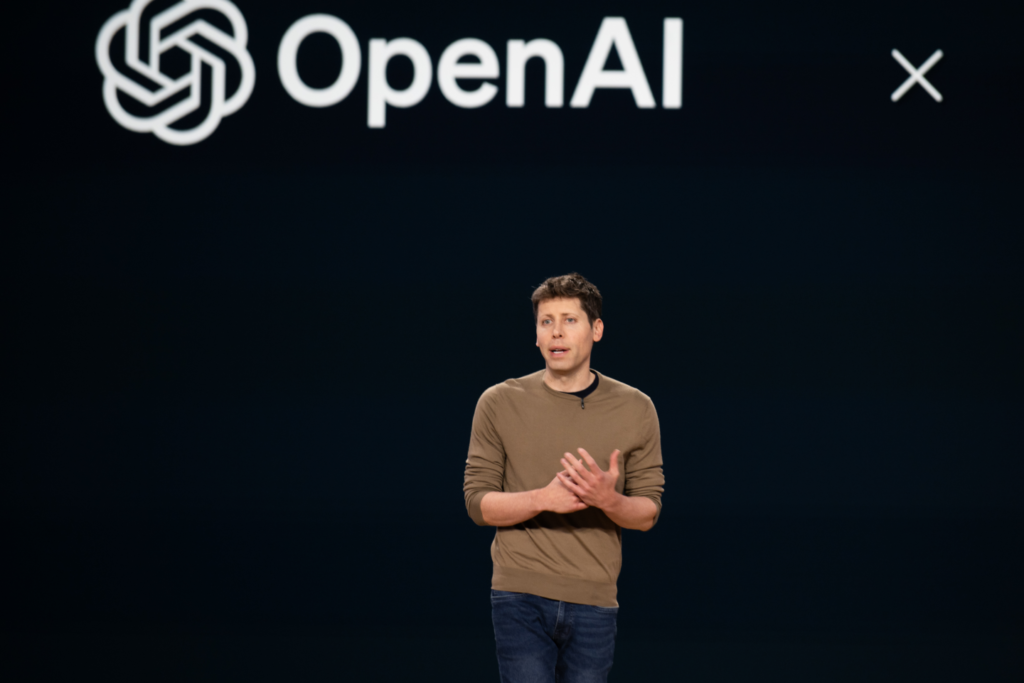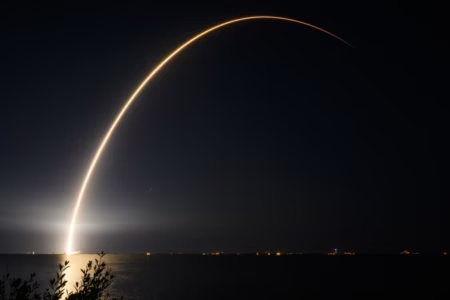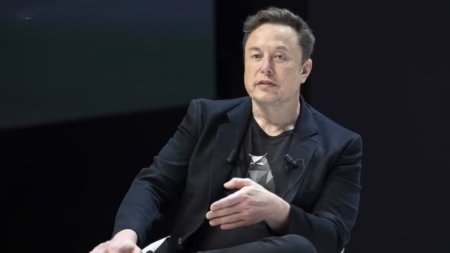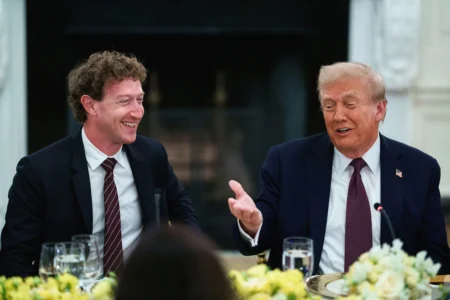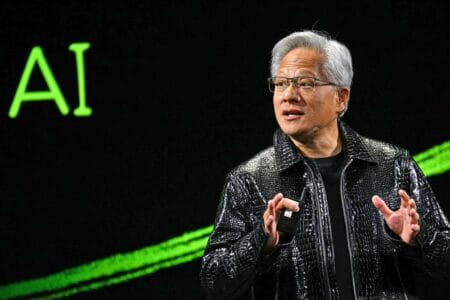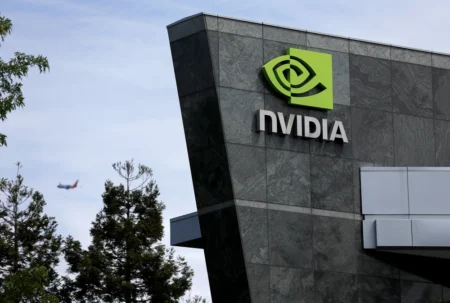SAN FRANCISCO — ChatGPT maker OpenAI will remain under the control of its founding nonprofit board after abandoning a plan to split off its commercial operations as a for-profit company.
Former employees and Elon Musk, a co-founder of OpenAI who later split with its leaders, had criticized the restructuring plan, saying it would remove crucial oversight of its artificial intelligence technology. Musk filed a lawsuit seeking to block the move; the suit is ongoing.
OpenAI’s new plan seeks a compromise between allegations it was set toabandon its original mission of benefiting humanity and the claims of company leaders that it must raise more money and deliver profits to investors to compete in the race to advance AI.
It is unclear how the change will alter OpenAI’s operations, but it offers a fillip to Musk, who has waged a public war against the company that he co-founded but now competes against with his AI venture xAI. In addition to his lawsuit, the billionaire has publicly criticized OpenAI CEO Sam Altman.
Musk’s lead attorney in the lawsuit, Marc Toberoff, in a statement late Monday dismissed the new plan as “sleight of hand” that “changes nothing.” “OpenAI’s announcement is a transparent dodge that fails to address the core issues: charitable assets have been and still will be transferred for the benefit of private persons,” he said, including Altman and OpenAI investors, such as Microsoft.
OpenAI’s nonprofit board, pledged to ensure that supersmart AI benefits all of humanity, will now retain ultimate control of its operations. But the company will remove limitations it placed on the maximum returns investors could receive from investing in its for-profit arm. That division, which develops ChatGPT, will become a public benefit corporation, allowing it to seek profits while serving a particular mission.
In a call with reporters Monday, Altman said that once completed, the new plan will let the company receive the full $30 billion investment recently announced by Japanese conglomerate SoftBank. The deal valued OpenAI at $300 billion, making it one of the most valuable private companies in history, but had terms linked to changes in OpenAI’s structure.
Being able to grow and raise more money will enable OpenAI to deliver on its mission of ensuring that AI benefits all of humanity, Altman said. “We are obsessed with our mission,” he said. “We believe the structure works for that.”
Altman said in a letter to employees provided to reporters Monday that the previous restructuring plan was abandoned “after hearing from civic leaders and having discussions with the offices of the Attorneys General of California and Delaware.”
OpenAI is still talking to the attorneys general of the two states, which have to sign off on changes to nonprofit companies. The company is incorporated in Delaware but has most of its operations in California.
In response to a question from The Washington Post, a spokesperson for California Attorney General Rob Bonta said the state’s department of justice was reviewing the new plan. “This remains an ongoing matter — and we are in continued conversations with OpenAI,” the spokesperson said.
Jill Horwitz, an expert in nonprofit law and a professor at Northwestern University, said state officials would be expected to have a role in OpenAI’s restructuring. “It makes sense that the board would have thought through such a major change to the nonprofit structure in conversation with the regulators,” she said.
It is unclear whether the nonprofit board’s oversight of OpenAI’s operations will remain unchanged, Horwitz said. “Without more detail, however, it’s difficult to know what control means,” she said.
Monday’s announcement was the latest abrupt change at a company that since its founding in 2015 has grown to huge influence but has also been roiled by internal drama.
OpenAI was founded by tech luminaries including Altman and Musk to counterbalance tech corporations such as Google as they developed more powerful AI software. The nonprofit’s leaders soon realized they needed more resources to compete with the tech giants, but disagreed about how to secure them.
Musk initially bankrolled OpenAI but split from the company after his suggestion that he take full control was rejected by Altman and others.
Altman began taking on huge investment from Microsoft to keep up with the costs of AI development, and oversaw the launch of ChatGPT. But he was briefly ousted by OpenAI’s nonprofit board in 2023, an episode that contributed to company leaders deciding that it needed a more conventional structure.
OpenAI reconstituted its board and promised investors more stability, but over the past year several senior leaders and other employees quit the company, including its chief scientist and chief technology officer. Some departing employees accused the company of skimping on testsand other work needed to prevent OpenAI’s technology causing harm.
Former OpenAI employee Page Hedley, who helped organize a letter calling on the company to remain under nonprofit control, said on Monday that he welcomes its change of plans, but still has questions.
“Will OpenAI’s commercial goals continue to be legally subordinate to its charitable mission, which is enforceable by the attorneys general? Who will own the technology that OpenAI develops?” Hedley said in an emailed statement.


